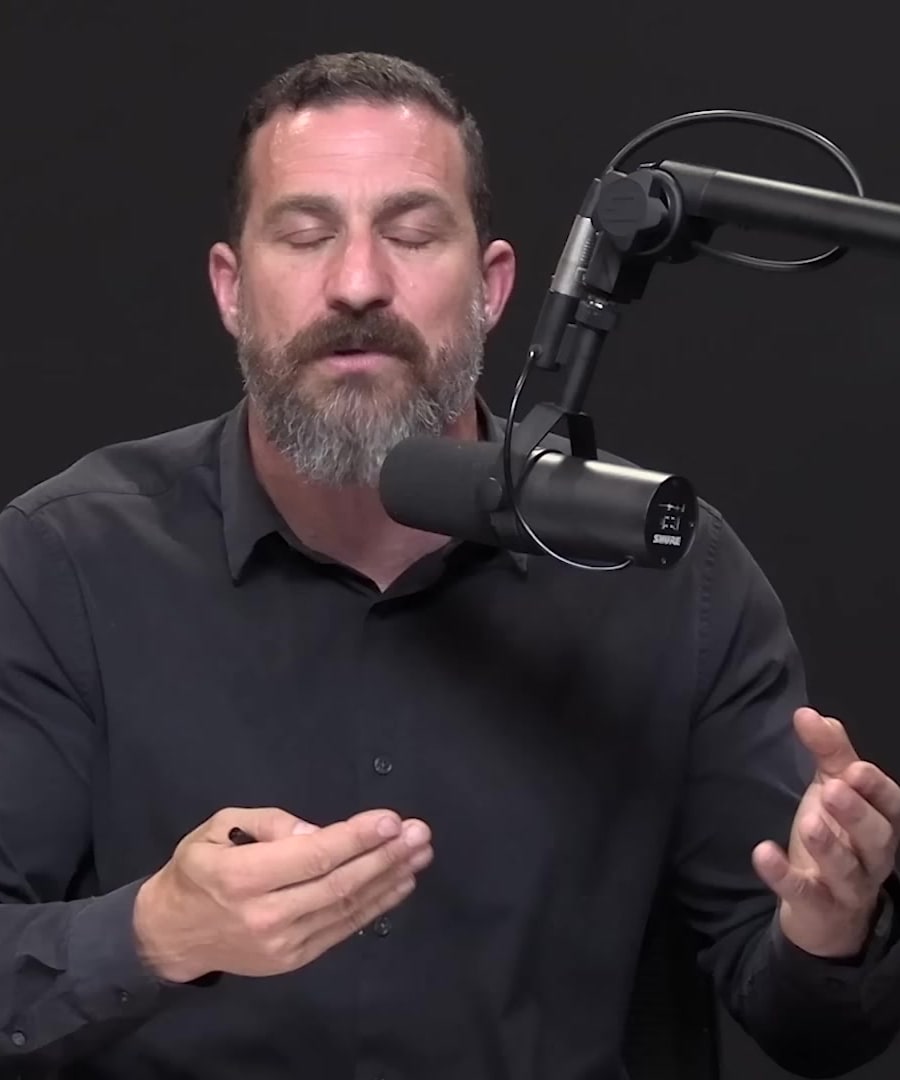what are the key takeaways from this finding on the anterior midcingulate cortex (aMCC) and how can it be used in practical day to day
Sources:
The findings on the anterior midcingulate cortex (aMCC) have several intriguing takeaways and practical implications:
Key Takeaways:
- Role in Tenacity and Willpower: The aMCC is associated with willpower and the ability to persevere through challenges. Its activity is linked to states of motivation and resistance to temptation, and can physically expand in individuals who consistently overcome challenges 1.
- Connection to Psychological and Physical Resilience: The aMCC's connectivity to different brain regions, such as the autonomic system and the immune system, plays a role in psychological resilience and physical well-being. It can affect how the body responds to stress and maintains homeostasis 2.
- Impact on Behavior and Emotion: Active aMCC can affect behavior by influencing one's engagement with challenging tasks and the ability to resist undesired behaviors or temptations 3.
Practical Applications:
- Behavioral Encouragement: Engage in regular challenging activities that you don't necessarily enjoy. This may help increase the activity in your aMCC, fostering greater psychological resilience and tenacity 1.
- Lifestyle Approaches: Incorporate habits that involve regular physical activity or mental challenges. Such habits can promote growth in the aMCC, which in turn could improve your ability to handle stress and boost motivation 3.
- Therapeutic Potential: Understanding the influence of the aMCC in conditions like depression or apathy could guide therapeutic approaches. Activities that stimulate the aMCC might serve as part of treatment plans for mental health issues emphasizing motivation and resilience 4.
These insights suggest that by understanding the functions and potential of the aMCC, individuals could deliberatey engage in behaviors that not only challenge them but also lead to lasting benefits in terms of mental toughness and emotional well-being.
RELATED QUESTIONS
what are the key takeaways from this finding on the anterior midcingulate cortex (aMCC) and how can it be used in practical day to day
- RELATED QUESTIONS



